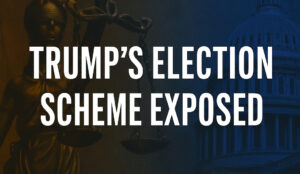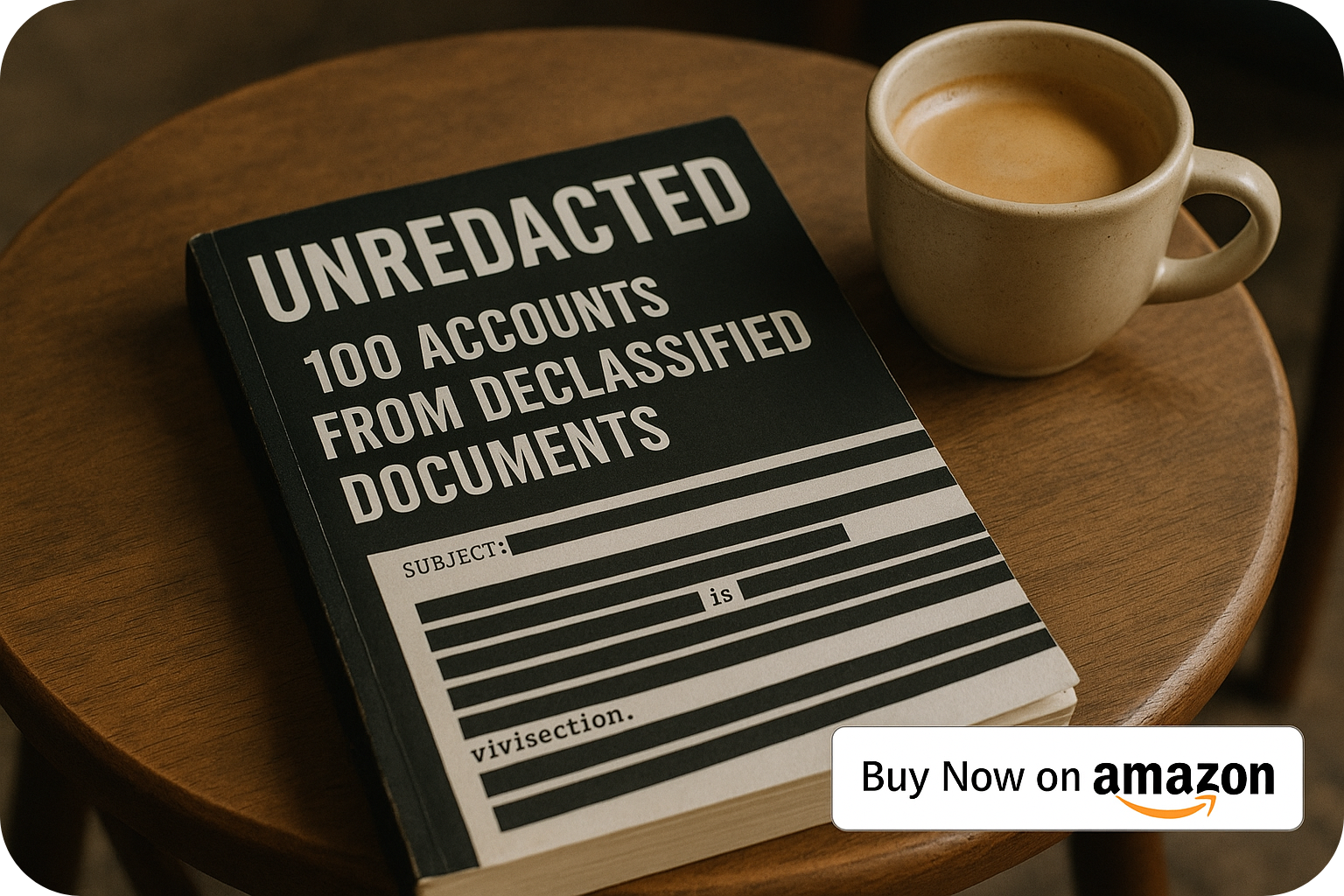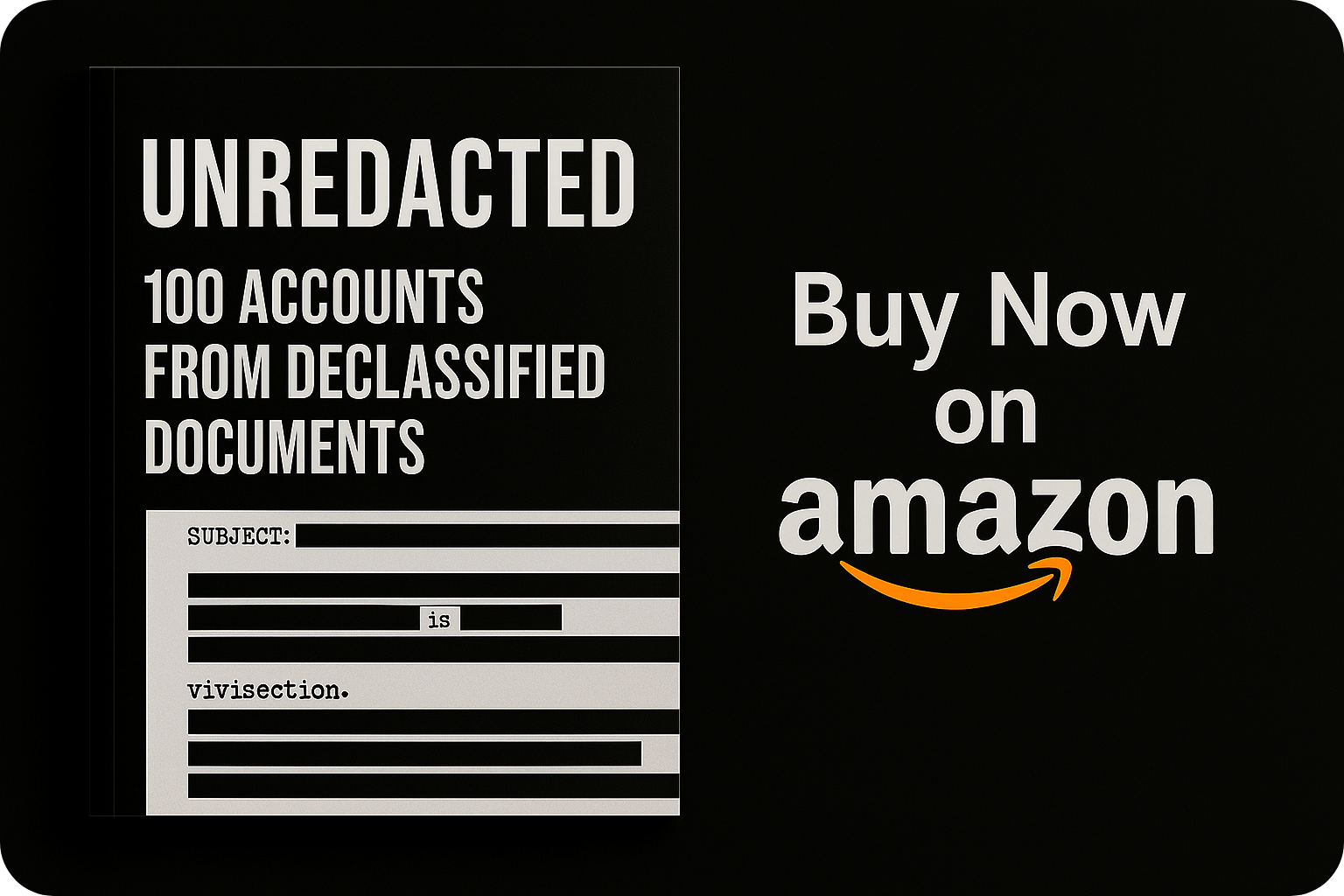A new federal lawsuit filed by the National Security Archive has thrust a long-overdue transparency crisis into the spotlight: the U.S. government is sitting on diplomatic records of extraordinary geopolitical relevance, and it may take over a decade to release them - if ever.
The lawsuit, filed in the U.S. District Court for the District of Columbia on November 21, 2024, demands the release of memoranda and transcripts from private meetings and phone calls between former President George W. Bush and Russian President Vladimir Putin - a trove of over 90 direct contacts between the two leaders between 2001 and 2008.
These are not speculative or secret. These documents are required by law to be public, under the Presidential Records Act (PRA). But instead of transparency, the National Archives and Records Administration (NARA) has offered a single, stunning response:
"You’ll have to wait 12 more years."
📞 19 Meetings, 73 Phone Calls, Zero Disclosures
During his presidency, George W. Bush met with Vladimir Putin 19 times and called him on the phone at least 73 times.
Each of these interactions, by statute and protocol, generated a "memcon" (memorandum of conversation) or "telcon" (telephone conversation record). These are standard documents meant to preserve the decision-making history of U.S. foreign policy.
But not a single one has been made public.
While similar records from the Clinton and even Reagan and H.W. Bush eras have long been available - including detailed transcripts of U.S.-Soviet conversations - the Bush-Putin archives remain locked in bureaucratic limbo.
⏳ A 12-Year Delay… 27 Years After Leaving Office
When the National Security Archive filed its FOIA request in November 2023, the expectation was modest: at least begin the declassification process.
Instead, in June 2024, NARA responded that the request was now in a queue behind 673 others and would take "approximately 12 years" to process.
If that estimate holds, the documents would not be released until 2036 - 27 years after Bush left office, and 15 years past the legally required access window mandated by the PRA.
By then, Bush would be 90 years old.
📉 The Legal and Logistical Breakdown
The Presidential Records Act requires former presidents’ records to become publicly accessible five years after leaving office, with a maximum restriction period of twelve years for national security redactions.
That means Bush’s restrictions expired in January 2021.
The Freedom of Information Act (FOIA) requires agencies like NARA to respond within 20 business days, and no more than 30 in exceptional cases.
Yet, more than 11 months later, NARA has not even issued a formal determination on which documents it will release, redact, or withhold - a clear violation of the law.
🔍 "One Cold Dude": Diplomacy, Personal and Political
Bush famously said of Putin in 2001:
"I looked the man in the eye. I found him to be very straightforward and trustworthy… I was able to get a sense of his soul."
But by 2008, that soul had changed.
At the Beijing Olympics, after Russia’s invasion of Georgia, Bush reportedly told Putin:
"You’re cold-blooded."
Understanding the evolution of this relationship, from warm rapport to geopolitical rupture, is critical for scholars, journalists, and policymakers - especially amid today’s resurgent Cold War dynamics.
💥 NARA’s Backlog Is a National Embarrassment
The lawsuit outlines how NARA is paralyzed by volume and underfunding:
-
Over 699 FOIA declassification requests remain pending at just seven presidential libraries.
-
The National Declassification Center holds 11,846 unresolved mandatory declassification requests.
-
Despite technological promises, only 500 million of 12 billion pages have been digitized.
A 2024 internal statement obtained by the Archive admits:
"NARA is no longer able to fully support its core mission and is at serious risk of major mission failure."
🧭 Why This Case Matters
This isn’t just about George W. Bush.
It’s about whether the American people will ever be allowed to see the official history of their own government.
The National Security Archive’s case could set a precedent for how we reclaim access to the diplomatic and military past that shaped today’s world - and how we restore accountability in the face of bureaucratic decay.
"The right to know our history isn’t a privilege. It’s a cornerstone of democracy." - Archive Legal Statement






